





Gibran Kahlil Gibran
Gibran Khalil Gibran through his works and beliefs exemplifies what our Foundation ‘Veterans for Lebanon’ strives for: bridging countries and cultures, caring for others, and promoting personal development and opportunities.
Who is: Gibran Khalil Gibran (1883-1931) is a Lebanese born poet, writer and painter, and one of the leading authors of modern Arabic literature. His book ‘The prophet’ (1923) was translated into 100 languages, ranking in the top 10 of most translated books in history. Gibran is considered the third best selling poet of all times, after Shakespeare and Lao-Tzu (Laozi). His works have been described as ‘an artistic legacy to people of all nations’.
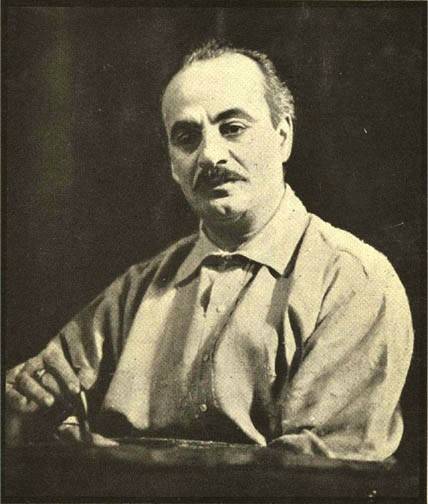
Gibran is still celebrated as a literary hero in Lebanon. He lies to rest in Bsharri, North-Lebanon.
His knowledge of Lebanon's bloody history, with its destructive factional struggles, strengthened his belief in the fundamental unity of religions. Based upon his years living in the United States and France, Gibran strove to resolve cultural and human conflict by transcending the barriers of East and West and reform society.
In the Arab world Gibran Kahlil Gibran is best known as a free thinker and writer, one of the few men of his time who wrote with a love of looking beyond borders and differences. He wrote as much in English as in Arabic, mostly short stories and prosaic poems. In contrast to conventional Arabic literature, Gibran's work is very accessible, even to religious people and those who feel at home in atheism. His reputation as a central figure in modern Arabic literature has never been questioned.
The Gibran Museum formerly the Monastery of Mar Sarkis is a biographical museum in Bsharri Lebanon 120 kilometers from Beirut.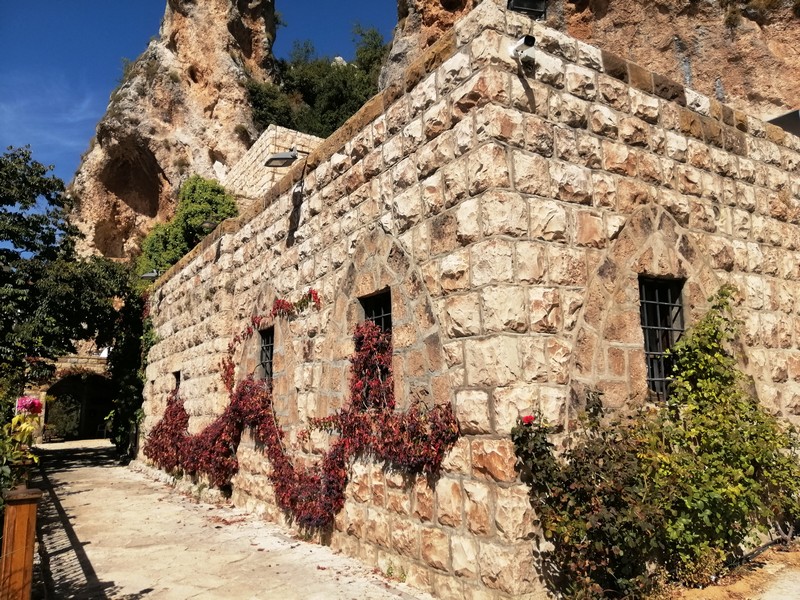
It is dedicated to the Lebanese writer, philosopher and artist Gibran Kahlil Gibran. The museum was an old cave where many hermits sought refuge since the 7th century.
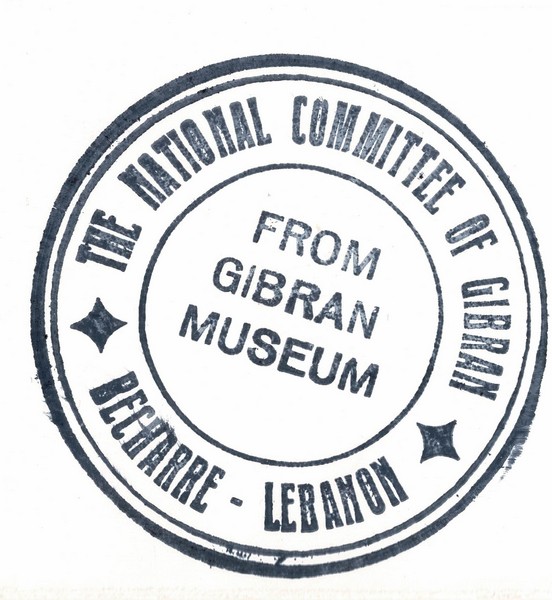
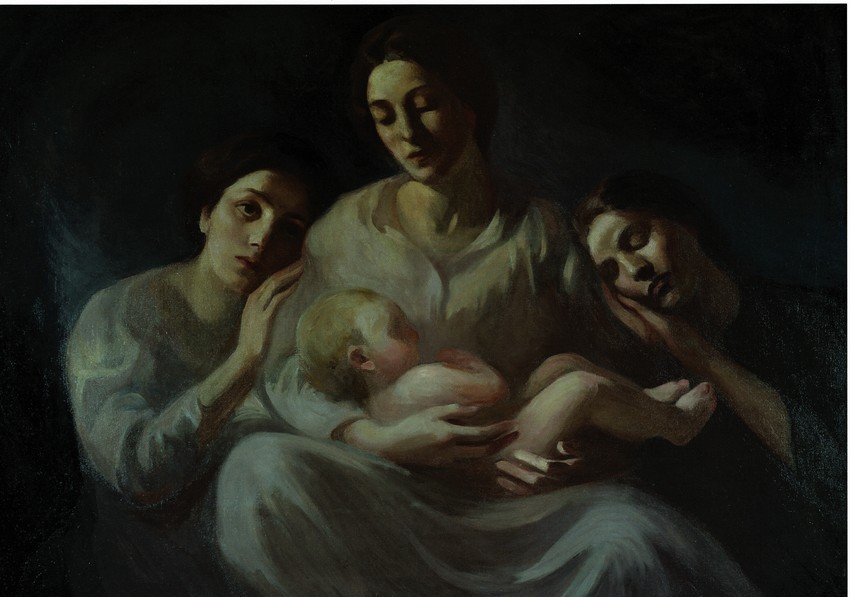
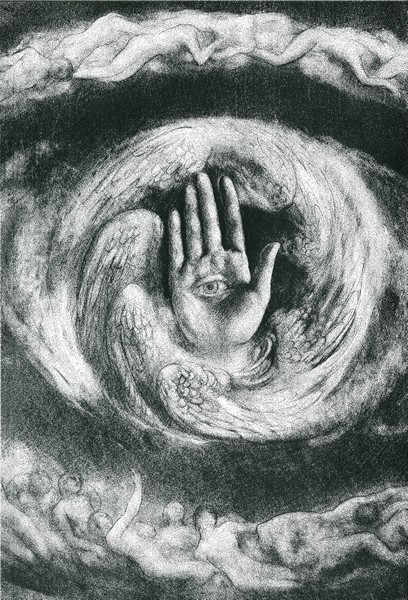
1914 The Family Artist 1923 The Divine World

